Goldstone ★★★1/2
A film sequel is always a risky venture, and thus it is with Goldstone, Ivan Sen's follow-up to his 2013 outback crime drama, Mystery Road. But it is just one risk the writer–director–cinematographer director takes with this film.
Goldstone re-introduces us to the indigenous police detective Jay Swan (Aaron Pedersen). The three years since the violent events in Mystery Road have not been kind to him. Jay is suffering from a major personal loss and hitting the drink. As the film opens, a very drunk Jay is pulled over and breathalysed by a young cop, Josh (Alex Russell), on a stretch of outback road on the outskirts of the small town of Goldstone. Seeing that Jay is over the limit, Josh roughly cuffs him, drives him to the local police station, and locks him up, only realising later as he goes through Jay's personal effects that the drunken black man is a fellow police officer.
Continue reading for only $10 per month. Subscribe and gain full access to Australian Book Review. Already a subscriber? Sign in. If you need assistance, feel free to contact us.




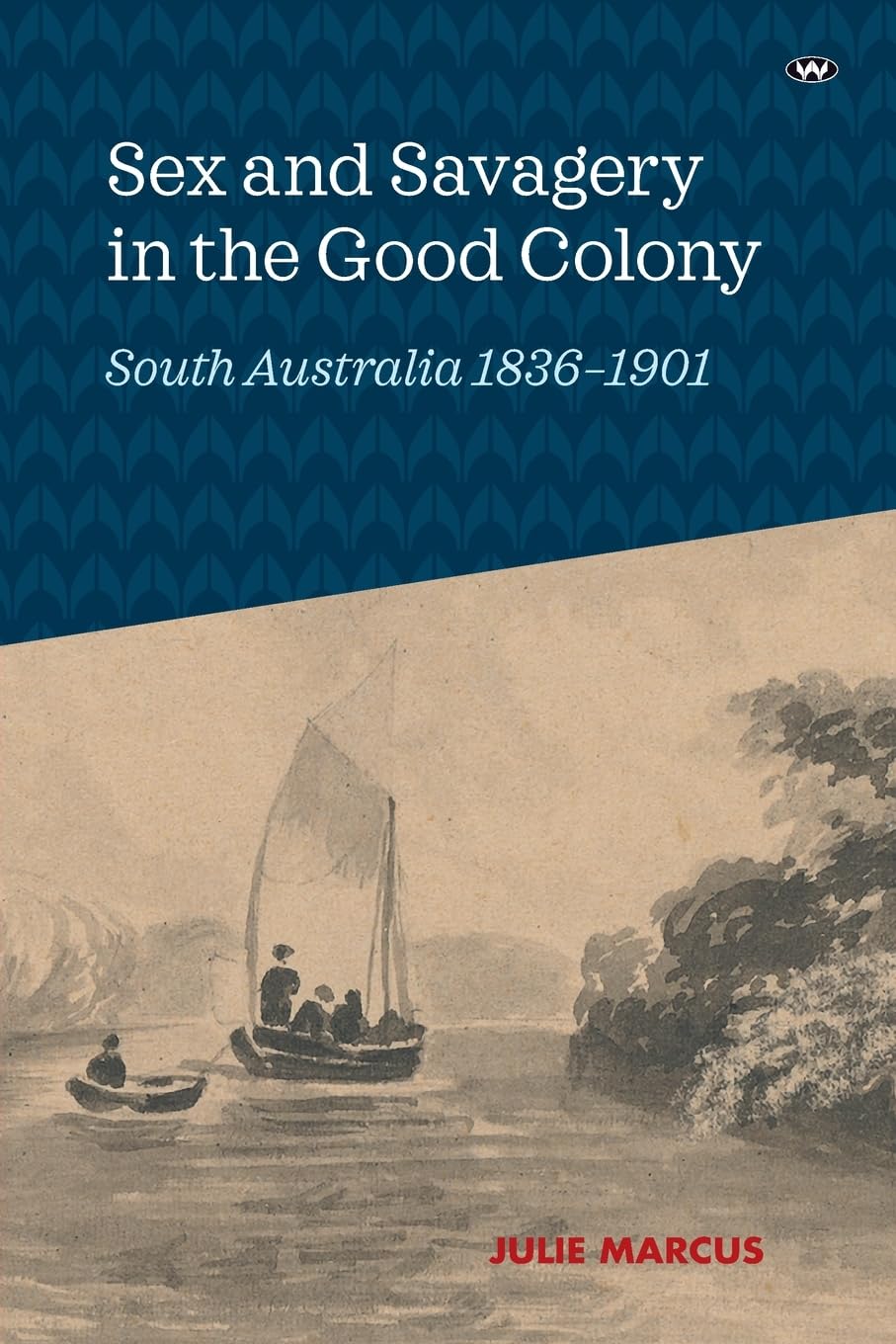


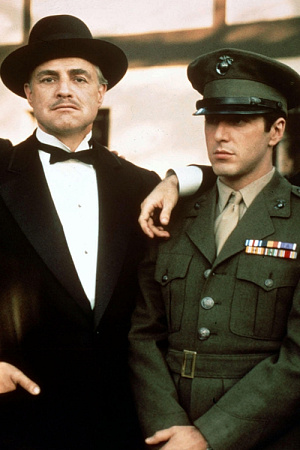
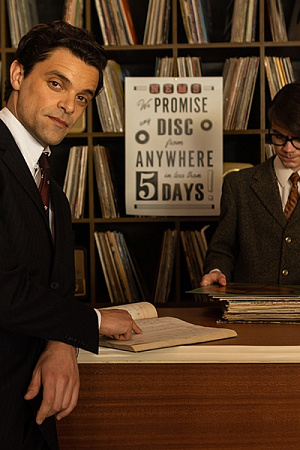
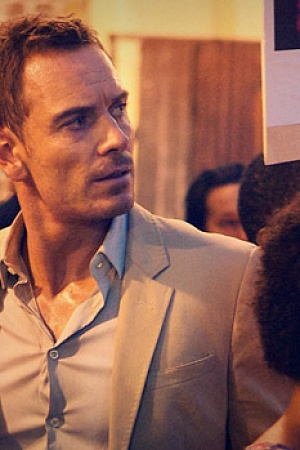
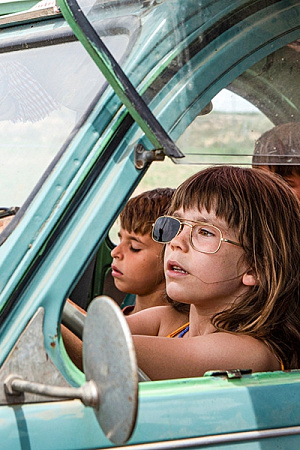
Leave a comment
If you are an ABR subscriber, you will need to sign in to post a comment.
If you have forgotten your sign in details, or if you receive an error message when trying to submit your comment, please email your comment (and the name of the article to which it relates) to ABR Comments. We will review your comment and, subject to approval, we will post it under your name.
Please note that all comments must be approved by ABR and comply with our Terms & Conditions.